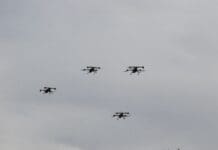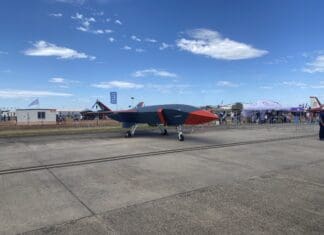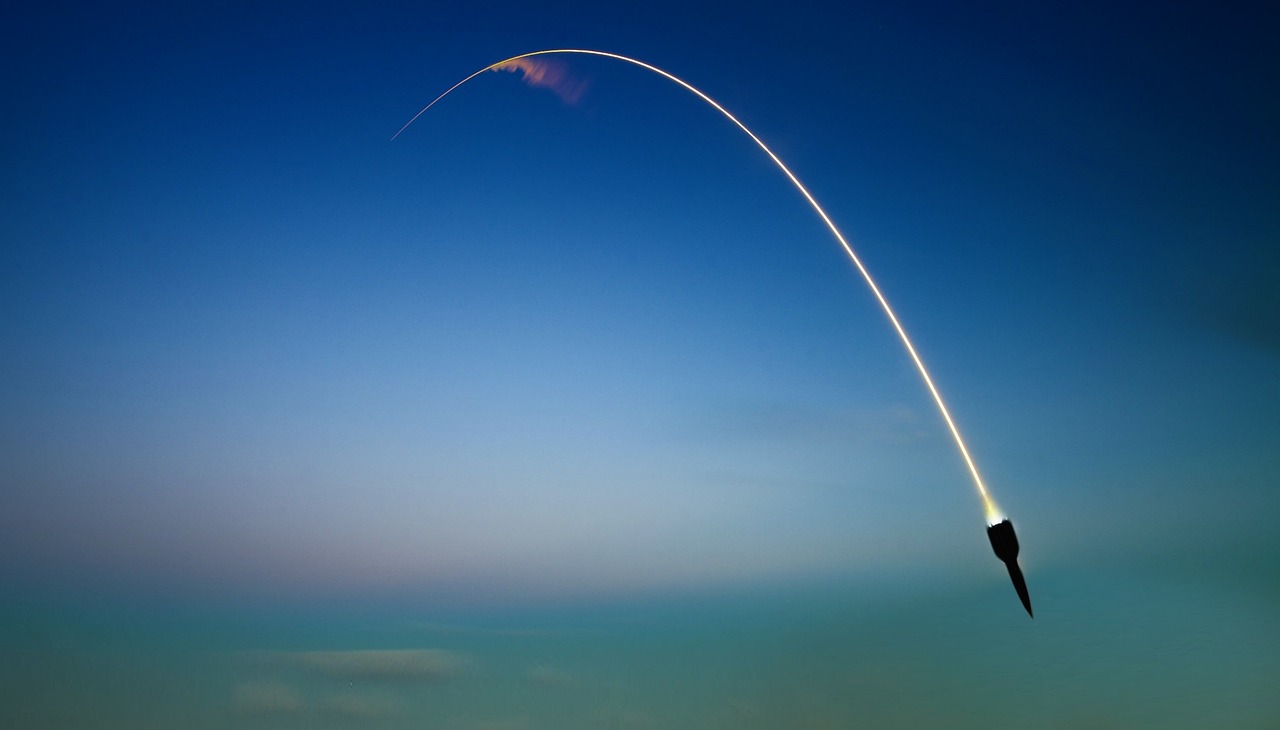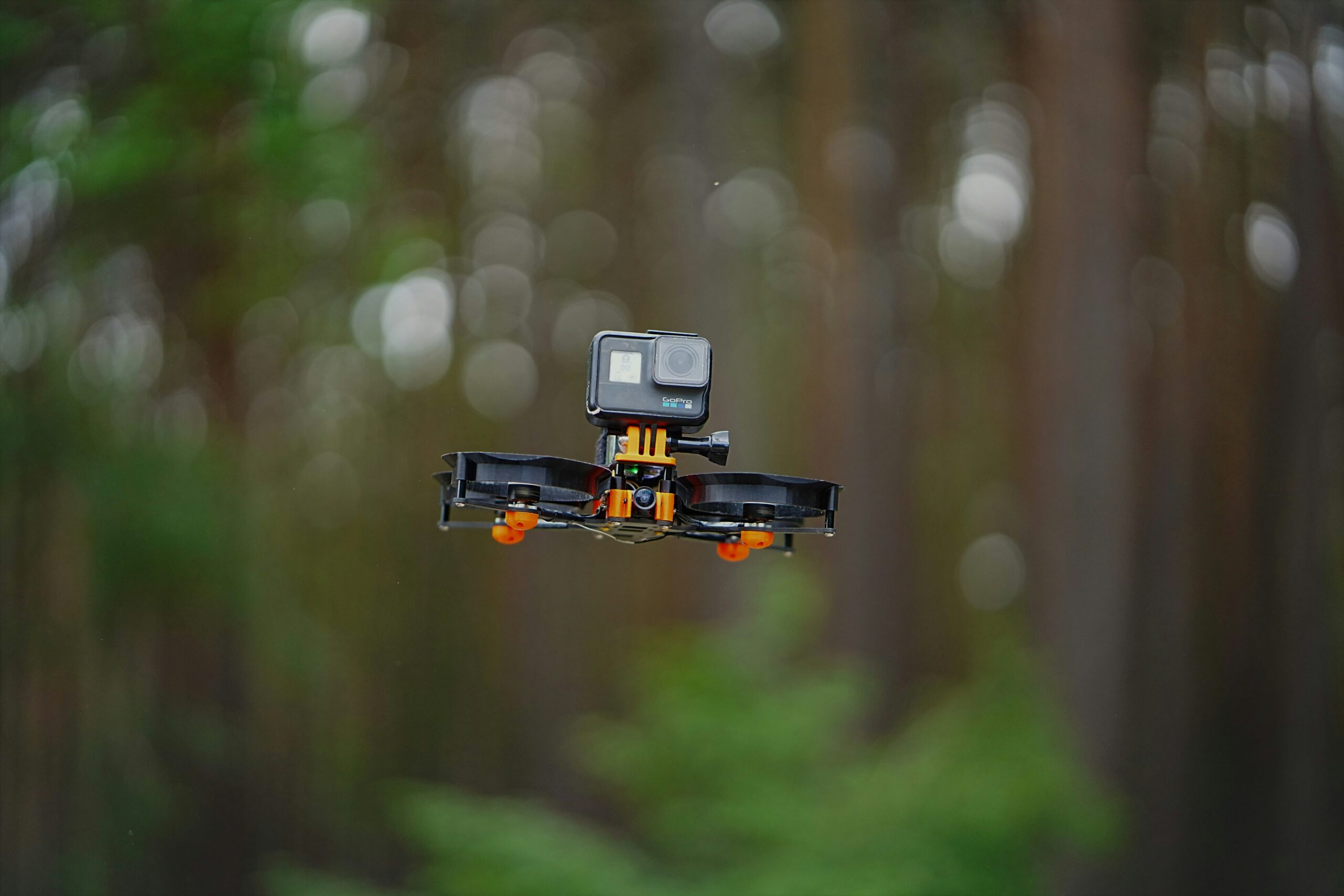This post is also available in:
 עברית (Hebrew)
עברית (Hebrew)
Despite being a growing global phenomenon, the Internet of Things (IoT) sorely needs to have internationally recognized protocols. Experts claim that the lack of standardization among IoT platforms is stalling the progress of the industry- but it seems like the solution is not that simple.
A recent study by Technavio claims: “IoT systems require complex networks of devices, sensors, and apps to communicate effectively with each other. However, the lack of globally recognized standards for IoT connectivity and interoperability has created fragmentation and concerns about compatibility and interoperability across various platforms and devices.”
Charles Chow, head of marketing tech at Lumen Asia Pacific, doubts the IoT will reach standardization any time soon. “One of the central challenges of the IoT market is the sheer scope of potential technologies,” he says. “IoT encompasses everything from smart devices for the home to industrial and logistics integrations. Many industries have individual technology standards, which make creating global standards difficult. Equally, superpowers like Russia, China, and the US will all want their standards to become the global default.”
According to Cybernews, the situation with the IoT could become even more complex, with the fear of a splintered internet, a fragmented digital world. “It would be nearly impossible to persuade countries around the globe to default to a tech standard that does not originate from their own government,” states Chow. “Over-reliance on one standard or technology could also lead to vulnerabilities and international crises.”
Furthermore, this danger of a fragmented digital world won’t only impede the global growth of IoT, but would also pose significant challenges in areas like cybersecurity, data privacy, and global trade.
Lou Reverchuk, CEO of tech company EchoGlobal, believes that the best answer to the problem could be an international agreement on standards- but what would this look like? He, like many others, likens the standardization of a global IoT to the English-language standard in air traffic control, but adds that “the nature of this standardization may not be as singular as choosing a language.”
Standardization by definition implies singularity, and in the context of regulating numerous internet-enabled devices globally, this suggests a mutual agreement by powers to adopt one mode of communication.
Unfortunately, a mere glance at global events can clearly show that communication and focus on the greater good of all are far from being prioritized by today’s competing superpowers. All this to say, while the IoT is not going anywhere, it seems it is also not going as many places as its advocates would wish it to.


























